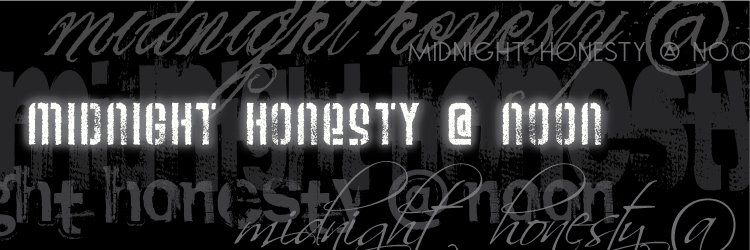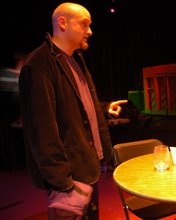Night, Marsha
Finally, at least for this go-round, I like what this play represents: a life-long association of a writer with a group of actors and a theater. This is why Shakespeare wrote so much, he had a whole gang of actors waiting to do his work. Go down the list — the writers who wrote a lot of wonderful plays were always associated with a community of actors they could write for: Shepard, Chekhov, Brian Friel, Alan Ackbourne, David Mamet, Lanford Wilson, Caryl Churchill, Richard Foreman, Wendy Wasserstein. Playwrights who live apart from theaters and actors have a lot of trouble getting their work done. Playwrights need to be around actors, need to be a part of a theater’s life.
It is worth noting that Mr. Letts began his theatrical life as an actor. Plays by actors tend to have lots of crazy stuff in them, and whatever else they’re about, they’re always about how much fun it is to be on the stage. “True West” springs to mind here. But this sense of fun is something writers with no acting talent can catch. And it’s definitely something the audience likes. We could use more things happening in the theater, and fewer plays where people sit in chairs and talk.
If we wanted to do one single thing to improve the theatrical climate in America, we’d assign one playwright to every theater that has a resident acting company. People wonder why so much great work came out of Actors Theatre of Louisville in the early days. I was there, so I know it was simply that you had everything you needed: actors who wanted to work, empty stages ready for plays and an artistic director who gave everybody a chance to do whatever they wanted as soon as they could think of it. Playwriting in America has suffered a devastating blow from the development process that keeps writers separate from the rest of the company, working on the same play for years. What playwrights want is what Steppenwolf has given Mr. Letts: a way to get a new play done, see what works, and then go on to the next one. “August: Osage County” is way more than a wonderful play. It is how we get back to having American plays on Broadway. We get them written for actors who want to do them, then producers get on board and start selling tickets.
There are two knee jerk response to Marsha Norman's wonderful piece in the NYT Sunday Book Review.
- YEAH MARSHA YOU GO GIRL!
- There ARE no resident acting troupes anymore, so PBBBBBT!
Which is always enlightening.
For my part I come away from the glow of that passage with a different two thoughts.
- The warmth that she carries throughout this article, both the review and the quoted passage, is desperately missing in the theatre world in general. Scott? We would do well to find a tone AS warm when we're suggesting changes to the paradigm and business model.
- I am coming off a workshop week with the whip smart Sheila Callaghan and I need to shout a hearty amen to the whole damn thing.
I did a reading of Ms. Callaghan's The Pretty Pretty , or the Rape Play over at Salvage Vanguard, and we hit it reasonably hard last week to see if there were any loose parts. There weren't really.
It was wonderful to have the writer in the room helping us through the layers as they unfolded to us. The play is so in-your-face that it's easy to miss the many many layers the first couple of times through.
But it felt like anti-development. IT was much more about Ms. Callaghan asking us how things felt, or about whether this or that was clear than us imposing our opinions of how theatre should be. It was really wonderful. I hope it was as useful to her as it was fun for me.
But I can imagine what it would be like to hone such a thing for specific voices. I was an ill fit for my character. Not terrible, he's just a little broader in the shoulders than I am. But in a residential situation he would be me. Or a mask built off of my mold... it would be wonderful.







